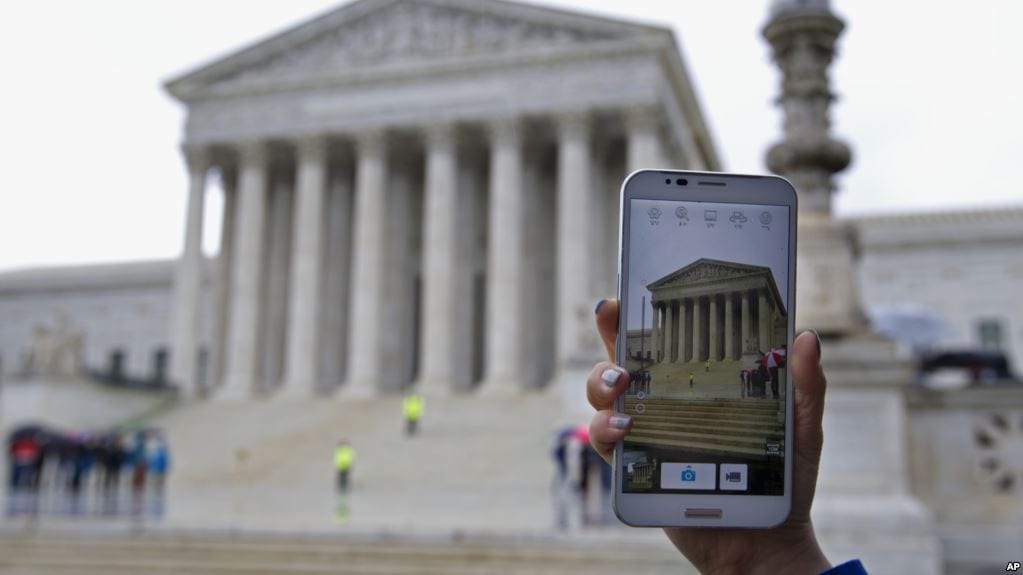
In recent years, social media has encroached upon our personal, professional, as well as social lives. Thus, it comes as no surprise that it also has a powerful impact on the judicial systems and environment of various countries as well. In a study conducted by the Pew Research Centre, in the year 2015, it was established that about 60% of the global population use social media in some form. As per common knowledge, it is understood that any information shared on a public domain can come under scrutiny and research. Another important aspect to consider is that when it comes to law and litigation, speech and or actions that are publicly available are considered “on record”. In this case personal or professional information or claim, a comment by an individual or a post etc. can be used as information or evidence against or to support him/her in a court of law.
Social media profiles are definitely used as a source of information during court hearings. But there is the risk of destruction of evidence. Changing privacy settings, deactivating a social media account, or deleting data that may be used as evidence is considered as the destruction of evidence, which is definitely unlawful and comes with serious civil as well as criminal implications. Bar associations are coming up with various ethical standards that help attorneys today advise their clients on how to deal with their existing social media accounts and content.
In fact, these days’ jurors are advised to limit their social media use during particular trials, because of the impact that some information on a particular profile or search on the internet may have on them, which may jeopardise the entire trial. Trial attorneys are known to take advantage of this, and thoroughly investigate potential jurors’ social media profiles and current activity for any evidence of misconduct. A number of court decisions have been reversed because of a juror’s misconduct in this aspect.
This bar or caution that is implemented on the use of social media during a lawsuit, is not only applicable for jurors but also for individuals in both the parties involved in the case. For instance, in case of a personal injury lawsuit, the personal injury lawyer will warn his client against the excess use of any social media platform, be it Instagram, Facebook, SnapChat, Twitter etc. This is primarily because any update or information posted can be used as evidence by the opposition, which can consequently make or break a case. Thus, if a person is claiming compensation for a broken arm or leg, but posts a picture of himself bowling or playing a particular sport on the social media, this information can definitely be used against him in court.
Social media monitoring in law cases has become so detailed, that regular check-ins of an individual are also kept track of. In relation to a personal injury case, if an individual is claiming compensation for reduced mobility due to an accident or mishap, but updates a visit to the mall or a particular event, his claim may be questioned in court. One social media platform that poses the greatest risk is Facebook, which has about a billion users all over the world and is a particular favourite of insurance companies and defence lawyers. In the past couple of years, Twitter too has become extremely popular with about 31 million users that are quite active.
While on one hand social media content may be used against a party, on the other hand, certain platforms can be cleverly used to portray the effects that a particular incident or injury has had on the party that is affected.
Moreover, a social media update concerning a particular settled litigation may result in a violation of confidentiality provisions that are part of the agreement; this can lead to serious financial court sanctions. Even when it comes to security trading, which is overseen by the Securities and Exchange Commission (SEC), regulations related to information shared on the social media are still being developed. Various domains in the world of law and litigation are being affected by social media, regulations for which have not been set yet.
When it comes to the use of social media and if it has affected a countries law and policies, the answer is very simple- quite a bit. Effective guidance is necessary for clients who are fighting a particular case be it criminal, a claim for personal injury or dealing with a divorce. One small mistake online can have a grave impact on the case and its ultimate resolution. It is best to lie low on various social media platforms during the course of a legal case and follow the specific advice of an attorney for best results. Social media today is laying a claim on all aspects of an individual’s life and will continue to do so in the future as well.
